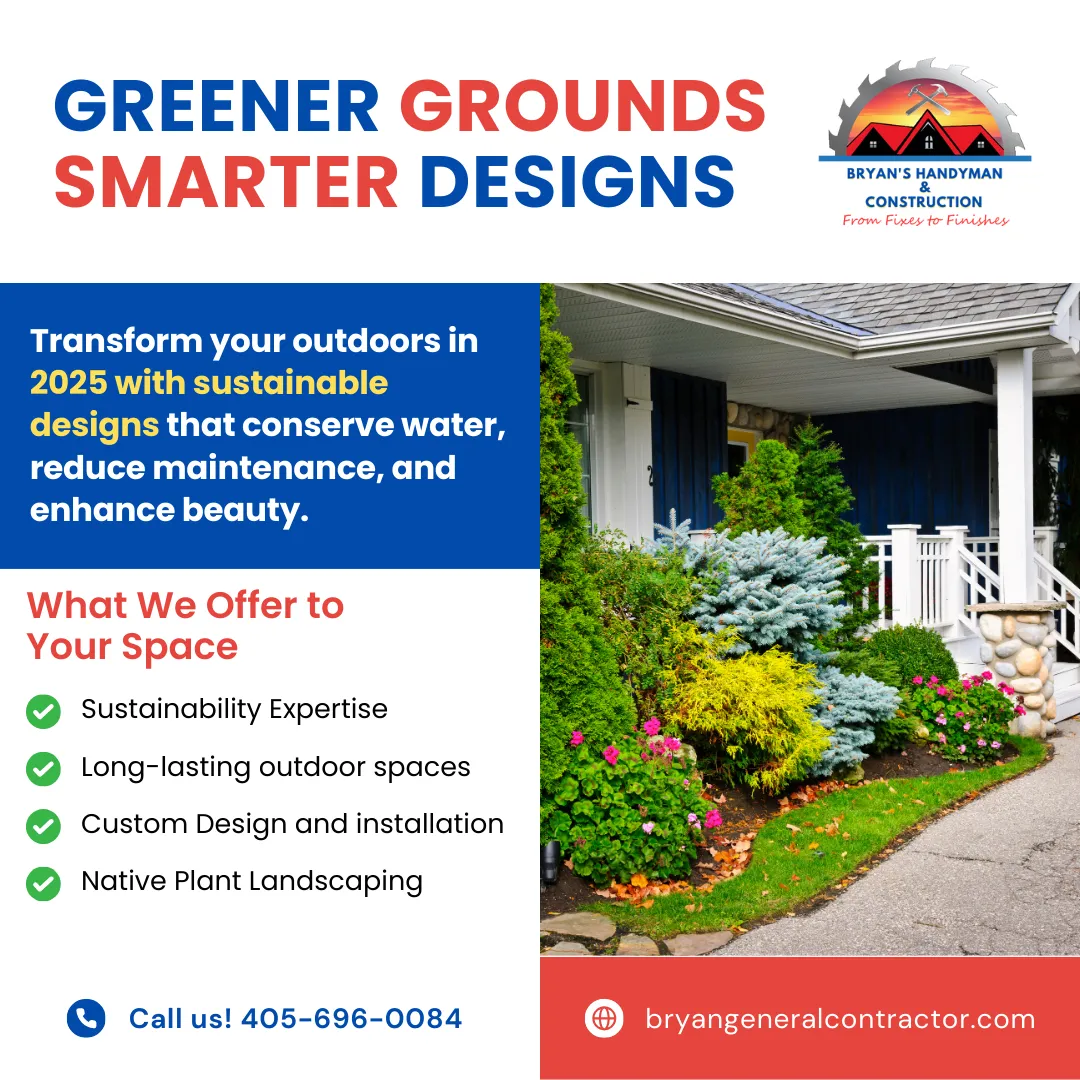
How to Choose the Right Contractor for Your Sustainable Landscaping Project
Sustainable landscaping offers numerous benefits, from reduced water consumption and enhanced biodiversity to increased property value and a smaller environmental footprint. However, realizing these benefits requires careful planning and the selection of a qualified and experienced contractor. Choosing the right contractor is crucial for ensuring the success of your sustainable landscaping project, avoiding costly mistakes, and achieving your desired outcome. This guide provides a comprehensive framework for making an informed decision.

Beyond the Basics: Key Considerations for Selecting a Sustainable Landscaping Contractor
Sustainable landscaping transcends the purely aesthetic; it's a holistic approach that considers the interconnectedness of various ecological systems. Key principles underpin this approach:
1. Water Conservation as a Foundation: Efficient water use is paramount, especially in regions with water scarcity or drought-prone climates like Oklahoma. This involves:
Xeriscaping: Designing landscapes that require minimal irrigation, utilizing drought-tolerant plants and efficient irrigation systems (e.g., drip irrigation).
Rainwater Harvesting: Collecting rainwater for irrigation, reducing reliance on municipal water supplies. This can involve rain barrels, cisterns, or more sophisticated systems.
Soil Improvement: Improving soil structure through composting and mulching enhances water retention, reducing the need for frequent watering.
2. Biodiversity Enhancement: Creating Thriving Ecosystems: Sustainable landscapes prioritize biodiversity by:
Native Plant Selection: Prioritizing native plants adapted to the local climate and providing habitat and food sources for native wildlife. This supports local ecosystems and reduces the need for pesticides.
Habitat Creation: Incorporating elements that provide habitat for pollinators (e.g., bee hotels, butterfly gardens), birds, and other wildlife.
Minimizing Lawn Area: Reducing the size of lawns, which often require significant resource inputs (water, fertilizer, pesticides), and replacing them with more diverse plantings.
3. Soil Health: The Unsung Hero of Sustainable Landscapes: Healthy soil is the foundation of a thriving landscape. Sustainable practices focus on:
Composting: Using compost to enrich soil fertility and improve its structure, reducing the need for chemical fertilizers.
Mulching: Applying mulch to retain soil moisture, suppress weeds, and regulate soil temperature.
No-Till Practices: Avoiding tilling, which disrupts soil structure and can lead to erosion.
4. Integrated Pest Management (IPM): A Holistic Approach to Pest Control: Sustainable landscaping minimizes the use of synthetic pesticides by:
Biological Control: Utilizing beneficial insects and other natural predators to control pests.
Cultural Control: Employing practices that make the landscape less hospitable to pests (e.g., proper plant spacing, healthy soil).
Monitoring and Targeted Treatment: Monitoring pest populations and applying pesticides only when necessary and in a targeted manner.
5. Waste Reduction and Resource Efficiency: Sustainable landscaping minimizes waste generation and resource consumption by:
Recycling and Reusing Materials: Using recycled materials for hardscaping (e.g., recycled plastic lumber) and reusing existing landscape elements.
Composting Green Waste: Composting yard waste rather than sending it to landfills.
Choosing Sustainable Materials: Selecting materials with low environmental impact (e.g., sustainably harvested lumber).
The Broader Benefits of Sustainable Landscaping
The advantages extend beyond environmental stewardship:
Cost Savings: Reduced water consumption, lower maintenance needs, and minimized chemical use translate to significant long-term cost savings.
Increased Property Value: Sustainable landscapes are increasingly attractive to buyers, enhancing property value.
Improved Human Health: Reduced exposure to pesticides and improved air quality contribute to better human health.
Enhanced Community Resilience: Sustainable landscapes contribute to community resilience by improving water management, supporting biodiversity, and mitigating the impacts of climate change.
Bryan's Handyman & Construction LLC: Your Partner in Creating Sustainable Outdoor Spaces
Bryan's Handyman & Construction LLC is dedicated to helping you create sustainable landscapes that are both aesthetically pleasing and environmentally responsible. Our team possesses the expertise to design and install landscapes that integrate the principles outlined above, ensuring your outdoor space contributes positively to the environment while enhancing your property's beauty and value. We utilize sustainable materials and practices, providing comprehensive services from initial design consultation to final installation and ongoing maintenance.
Contact us today!
Call us at (405) 696-0084 or visit www.bryangeneralcontractor.com